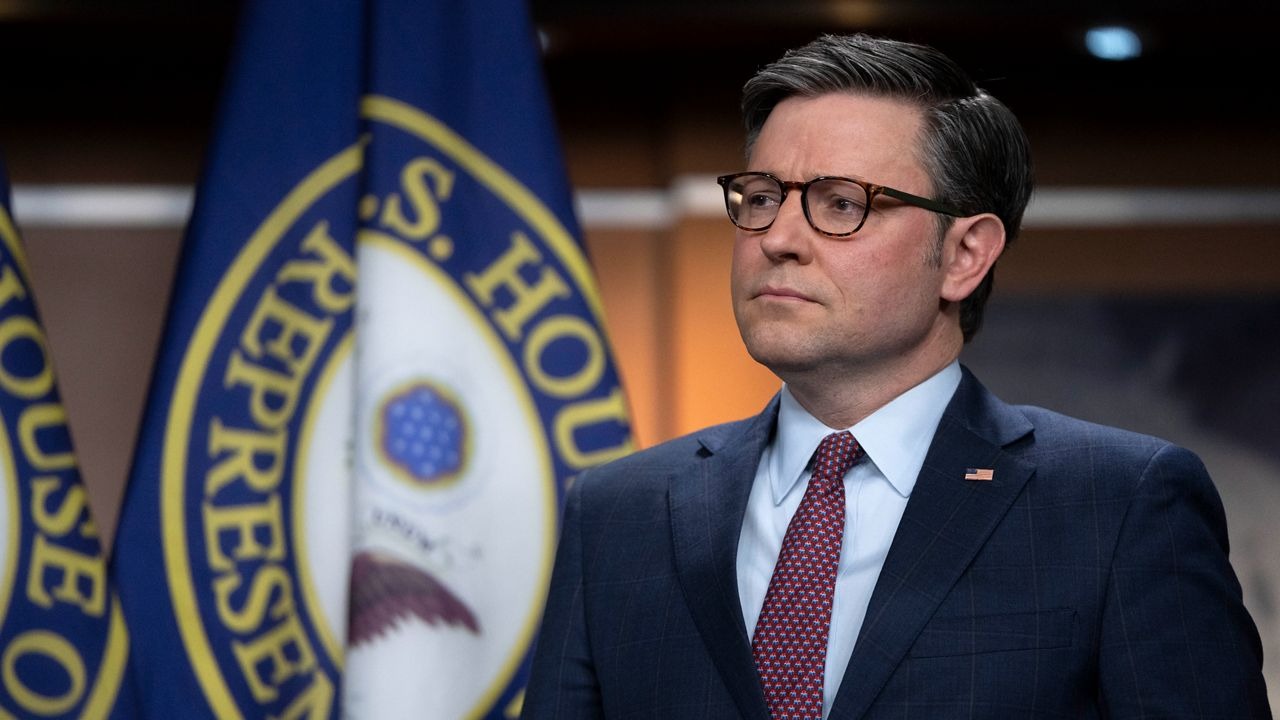House Speaker Mike Johnson faced a tough decision between advancing aid for Ukraine and potentially losing his job, finally deciding to move forward with a vote later in the week on a package of funding that includes aid for Ukraine, Israel, and Taiwan.
After grappling with the decision for several days, the Republican speaker informed GOP lawmakers that he would push for votes on three funding packages for Ukraine, Israel, and allies in the Indo-Pacific, along with several other foreign policy proposals.
Johnson proposed structuring some of the aid for Ukraine as loans with increased oversight, a decision that has angered conservatives in the House and fueled a threat to remove him from the speaker’s office.

In his message to lawmakers, Johnson emphasized the importance of posting the text of the bills as soon as they are completed to allow for a robust amendment process. The votes on the package are expected to take place on Saturday evening.
Given the complexity of the plan, the speaker will likely need support from Democrats on procedural maneuvers to advance the aid packages, though it remains unclear whether Democrats will assist Johnson without knowing the specifics of the legislation.
Democrats have urged that the foreign aid bill closely align with a $95 billion foreign aid package passed by the Senate in February, which includes funding for U.S. allies and humanitarian aid for civilians in Gaza and Ukraine.
Meanwhile, the threat to oust Johnson from his position gained momentum this week, with Rep. Marjorie Taylor Greene and Rep. Thomas Massie calling for his resignation, citing concerns about his leadership.

In an attempt to appease conservatives, Johnson said there would be a separate vote on a border security package containing elements of a bill previously passed by House Republicans. However, some conservatives criticized this move as insufficient.
As part of the foreign aid efforts, Johnson also announced that House members would have the opportunity to vote on various foreign policy proposals, including seizing frozen Russian central bank assets, imposing sanctions on Iran, Russia, and China, and potentially banning TikTok if its China-based owner doesn’t sell its stake.
